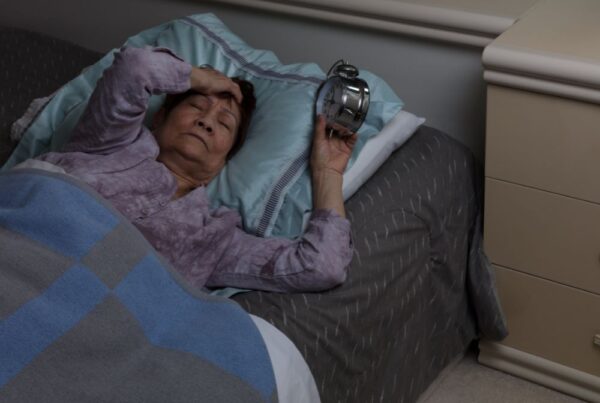What is transitional care? A person’s care needs can change significantly when they face serious health challenges or during recovery from medical procedures. Transitional care refers to the management and coordination of a person’s health care as they move from one healthcare setting to another, including a transition to home.
Primary care physicians, specialists, and non-medical professionals are a few of the types of people that regularly participate in transitional care management. These and other professionals assist patients that are being discharged from hospitals and health facilities such as these:
- Skilled nursing facility
- Hospital outpatient observation
- Partial hospitalization
- Inpatient psychiatric hospital
- Long-term care hospital
- Inpatient acute care hospital
- Community mental health center hospitalization
The correct transitional services can make all the difference in how well someone recovers from a chronic or acute illness.
The Advantages of Transitional Care
The advantages of a well-planned transitional care plan benefit not only the patient but also the families that love and care about the patient.
For seniors and others that need a transition of care, the right plan will help them maintain as much independence as possible. In many cases, patients can opt to transition to their homes after a stay in a hospital or other medical setting.
Here are a list of benefits of transitional care for patients and their families:
- Access to multidisciplinary care teams
- Thoughtful preparation for a successful return to the home setting
- Personalized care and planning
- Networking between qualified health care professionals
- Access to care in close proximity to the patient’s home
- Greater ability for family members and close friends to participate in the patient’s care and recovery
- Access to the most compassionate, qualified in-home caregivers
- Reduced risk for rehospitalization or transition to a higher level of care
Selecting the correct transitional care is important as the plans account for the patient’s needs, preferences, and personal goals, and ensure that these concerns carry over into the next setting without a hitch. Poorly managed care plans can cause unnecessary emotional and physical stress for patients and their primary caregivers.
After Care from Hospital to Home
Family members can be instrumental in helping to plan for transitional home health care needs as discharge becomes inevitable. Planning can drastically reduce the chances of a setback or potential rehospitalization.
The first 30 days after a hospitalization are a critical time. A professional in-home caregiver that provides care around the clock will ensure that the patient is getting the best care. Caregivers stand ready to notice any warning signs that may affect a healthful recovery.
Here are some of the ways caregivers can be helpful:
- Assessing the home setting for fall risks and making suggestions to improve it
- Removing clutter and clearing walkways
- Providing assistance with mobility & observing the patient for any changes of condition
- Ensuring that patients don’t overexert themselves
- Assisting with transferring from the bed or a wheelchair
- Meal preparation
- Medication reminders
- Provide companionship
Patients are especially vulnerable to complications after a hospitalization. It’s not uncommon for seniors or other patients to have adverse reactions to medications or experience other complications after a hospitalization. With proper transition planning, issues of this nature can often be avoided.
What Health Care Is Available at Home?
Health care has gone through a major revolution over the last few decades. Due to the high costs associated with health care, patients can be discharged home shortly after their medical procedures are completed. . Fortunately, a much larger array of health services are available in the home setting than ever before. Health professionals and other caregivers can often provide appropriate services such as:
- Physical therapy
- Occupational therapy
- Speech therapy
- Palliative care
- Hospice
With access to one-on-one care and being able to recover in a familiar environment, many patients are happier and experience better outcomes.
Home Care Can Reduce Hospitalizations
Issues like a fever or signs of infection can spell big trouble for recovering patients. At the first sign of relapse, the right intervention and timely interventions by a home health nurse or caregiver reduce the risk of serious complications. Quality transitional care can make a huge difference in someone’s recovery.
At Advanced Care, we know the difference that quality home care services can make in helping someone get back on the road to stabilization or recovery. We also know that injuries, illnesses, and aging can make it difficult for people to get care within the comfort of their homes. Our qualified caregivers are experts in transitional care management. We offer a wide array of non-medical supportive services to help you meet the challenges associated with transitional care management, and all clients are periodically assessed by professional registered nurses.
Call us today at 262-236-9194 and learn how to access customized services that will help you or a loved one maintain dignity and independence during a transition. The right help at the right time affords you much-needed peace of mind.






